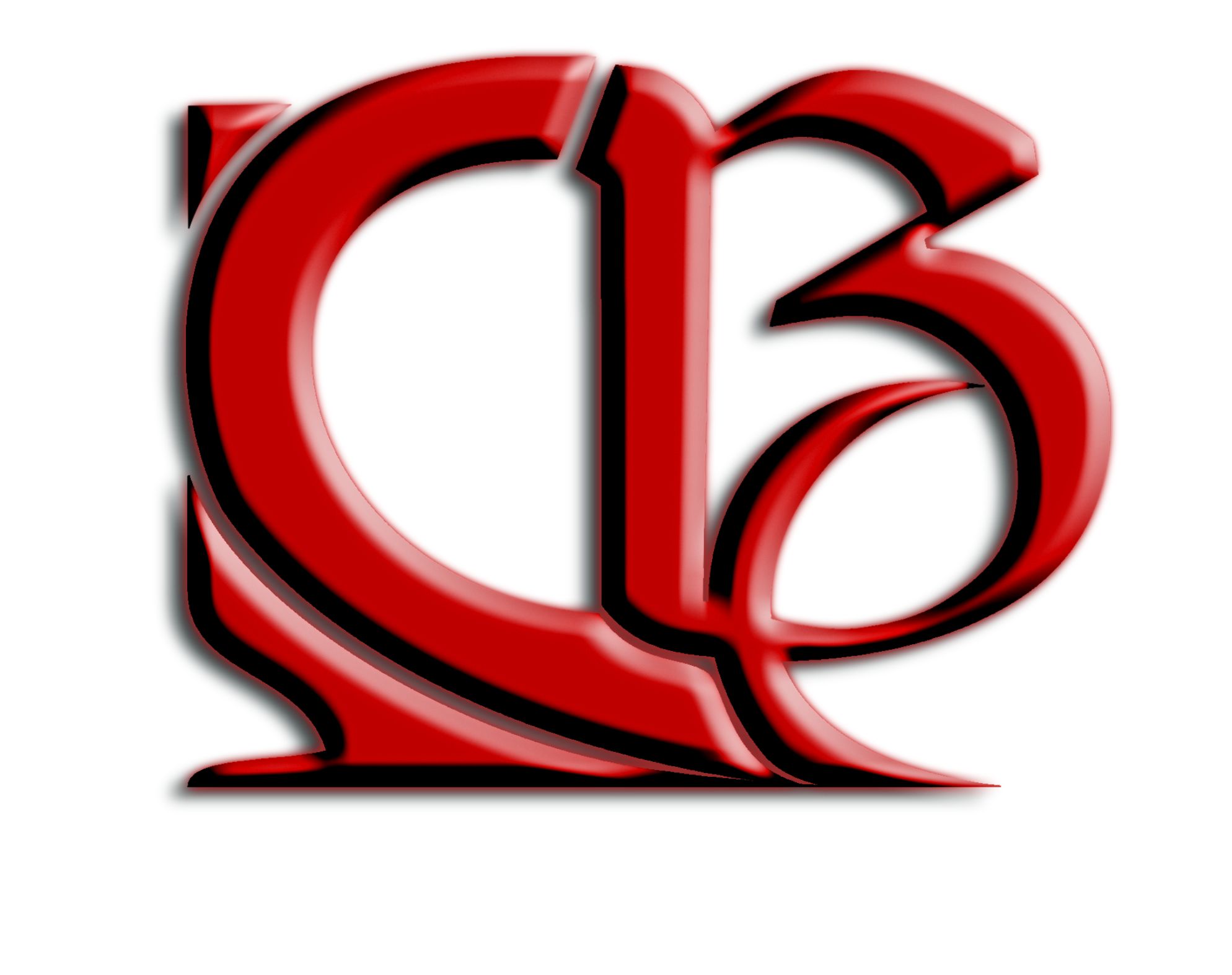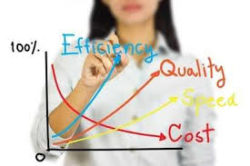The political and macroeconomic environment that has prevailed in Zimbabwe and probably other countries across the world has led many organizations and entrepreneurs to shift blame for their poor business performance to politicians. If one looks at the level of efficiency that an organization is operating at, the question will be, does that level of efficiency bring a turnaround of results in their desired political and macroeconomic environment? I think organizations need to work on efficiency in all departments and levels of the organization.
Efficiency is defined as – a level of performance that describes using the least amount of input to achieve the highest amount of output. Efficiency refers to the use of all inputs in producing any given output, including personal time and energy. It is a measurable concept that can be determined using the ratio of useful output to total input. It minimizes the waste of resources such as physical materials, energy and time while accomplishing the desired output.
From the above definition it shows that it’s not a matter of just achieving a desired output but one has to look at the amount of resources used to achieve that output. If we use the example of motor vehicles one of the questions that people ask when buying a vehicle is how many kilometres they can travel per litre of petrol or diesel. This points to the fact that one wants to travel more kilometres with less fuel and less money spent on fuel. This same mentality on fuel efficiency on vehicles should be carried into the operations of every organization.
There is an interesting example of an organization in the courier business. They had a deep analysis of their operations and found out that they made savings on fuel when their vehicles made right turns as opposed to turning left to deliver a parcel and also their drivers saved 10 seconds each time they put the truck keys around their wrist as opposed to putting them in their pockets – for they used to spend time fumbling for keys in their pockets. These might seem as minor issues but when the performance of the organization was checked over time it was discovered that their profitability went up because of these seemingly minor issues.
In these economic times it’s no longer that every dollar counts but every cent counts because at the end of the year those cents run into thousands of money lost through inefficiencies. Every organization should have a laser sharp look at their efficiency levels before they point figures to external forces. Many small to medium enterprises have failed because of high levels of inefficiencies. Think of Ecocash because they worked on their efficiency level and perfected their operations well before the demand for their mobile money service increased, now they are making millions of dollars from those few cents they charge on every transaction done on their platform.
Another interesting issue on efficiency is how Uber the taxi hailing service company has also embraced it. Uber boss Dara Khosrowshahi has decided to focus on bikes over cars for inner city travel. He said “During rush hour, it is very inefficient for a one tonne hulk of metal to take one person 10 blocks, short term financially maybe it is not a win for us but strategically long term we think that is exactly where we want to head.”
Uber will be using Jump electric bikes for its inner city service and long term l think they will have an increase in their inner city business because of efficiency and speed of service delivery as these bikes are able to maneuver in traffic. Uber is a multibillion dollar company yet they are continually working on their efficiency levels, it is therefore inevitable that small businesses should embrace this call for efficiency in their operations. Profitability is still possible for many small businesses even in this highly competitive business environment. Foresight brings birth to efficient ways of doing business like what Uber has done for its inner city market.
[contact-form][contact-field label=’Name’ type=’name’ required=’1’/][contact-field label=’Email’ type=’email’ required=’1’/][contact-field label=’Contact Number’ type=’text’/][contact-field label=’Website’ type=’url’/][contact-field label=’Comment’ type=’textarea’ required=’1’/][/contact-form]

